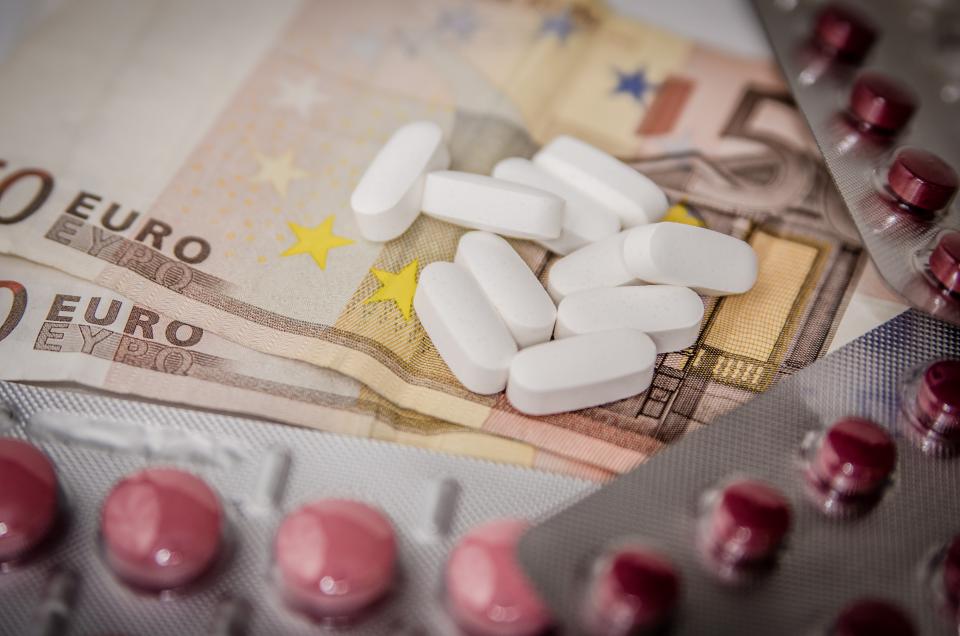
Greece’s pharmaceutical prices are rising, though there has been a decrease in the number of pharmaceuticals sold.
There was a nearly 2% rise in sales value in the first nine months of 2024, though the total volume of medicines sold has dropped.
According to IQVIA, reporting on behalf of the Association of Pharmaceutical Enterprises of Greece (SFEE), the pharmaceutical market for the 12 months ending September 30, 2024, reached a record €4.72 billion, reflecting an 1.8% increase compared to the previous year.
However In terms of volume, 1.6% fewer medicine packages were sold.
This data excludes hospital-administered medicines and high-cost drugs distributed through the National Organisation for the Provision of Health Services (EOPYY) pharmacies. It includes both prescription and non-prescription medicines like painkillers and supplements. Notably, out of the total market value, €3 billion will be covered by EOPYY, with the remainder paid directly by consumers for either non-reimbursed or voluntarily purchased medications. Pharmaceutical companies contribute significantly to EOPYY’s share through discounts and the clawback mechanism, accounting for over half of its expenditure.
In terms of specific drug categories:
- On-patent drugs saw a 5.7% decline in volume and a 3.5% drop in value.
- Generics experienced a 1.1% volume increase and a 5.7% value rise.
- Off-patent drugs gained 1.9% in value despite a 2.2% fall in sales volume.
Overall, original drugs (patented or off-patent) accounted for 58% of market value, while generics captured 26%. In terms of volume, off-patent originals and generics dominated, absorbing 38% and 37% of the market, respectively, while patented drugs held a modest 7%.
Efforts to Cut Costs
Despite efforts to cut costs, including price reductions for reimbursed prescription drugs, anticipated savings of €58.2 million were offset by changes in treatment patterns and drug substitution. As a result, sales still increased by €54.3 million during the review period.
Digestive and metabolic drugs led the market (23.8%), followed by cardiology (21.3%), neurology (12.8%), and hematopoietic organ treatments (12.5%), together accounting for over 70% of the market.
Overspending in 2023 forced pharmaceutical companies to cover significant costs through the clawback mechanism, with contributions reaching 83% of hospital drug expenditure in the first half of the year, reported To Vima.
The clawback mechanism is a system where pharmaceutical companies reimburse the government for exceeding the public healthcare budget. While designed to control healthcare costs, companies say it places a heavy financial burden on them and limits their ability to invest in innovation. In turn, this potentially affects the availability of medicines.
For 2024, while some improvement is anticipated, companies may still face clawbacks covering up to 70% of innovative hospital drug costs.
Calls for Structural Reform
Efforts to reduce pharmaceutical costs have fallen short of expectations, Dr. Dimitris Batakis from the University of Peloponnese, Laboratory for the Evaluation of Health Policy Technologies & Behaviors told To Vima. He argued for the need for structural reforms, including a better regulatory framework, increased public funding, and improved trust in pharmaceutical services.
At the end of October the Greek government announced a price hike in the cost of 850 pharmaceutical drugs in circulation in the country’s pharmacies.
Source: tovima.com
Latest News
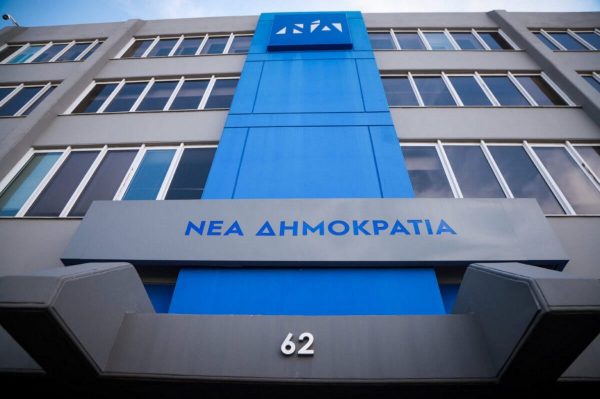
PM Mitsotakis to Chair New Democracy’s Committee Meeting
Today’s meeting is seen as a crucial opportunity to halt internal disputes within ND and reaffirm unity within the party.

Trump Tariffs Jeopardize Growth: Piraeus Chamber of Commerce
The tariffs, aimed at reducing the U.S. trade deficit, are expected to have both direct and indirect effects on the European economy

EU Condemns Trump Tariffs, Prepares to Retaliate
As tensions escalate, the EU is expected to continue negotiations with Washington while preparing for potential economic retaliation.

The Likely Impact of Trump Tariffs on Europe and Greece
Trump tariffs are expected to negatively affect economic growth in the Eurozone while Greece's exports could take a hit.

Motor Oil Results for 2024: Adjusted EBITDA of 995 mln€; Proposed Dividend of 1.4€ Per Share
Adjusted EBITDA for 2024 was down 33% yoy. The adjusted profit after tax for 2024 stood at 504 million euros, a 43% decrease from the previous year

Cost of Living: Why Greece’s 3% Inflation Is Raising Alarm
Greece appears to be in a more difficult position when it comes to price hikes, just as we enter the era of Trump’s tariffs.

Fitch Ratings Upgrades the Four Greek Systemic Banks
NBG’s upgrade reflects the bank’s ongoing improvements in its credit profile, Fitch notes in its report, including strong profitability, a reduction in non-performing exposures (NPEs), and lower credit losses

Trump to Announce Sweeping New Tariffs Wednesday, Global Retaliation Expected
With Trump's announcement just hours away, markets, businesses, and foreign governments are bracing for the fallout of one of the most aggressive shifts in U.S. trade policy in decades.

Inflation in Greece at 3.1% in March, Eurostat Reports
Average inflation in the eurozone settled at 2.2%, compared to 2.3% in February

Greece’s Unemployment Rate Drops to 8.6% in February
Despite the overall decline, unemployment remains higher among women and young people.



























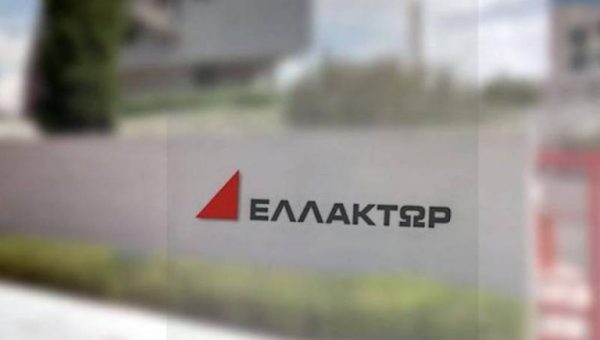

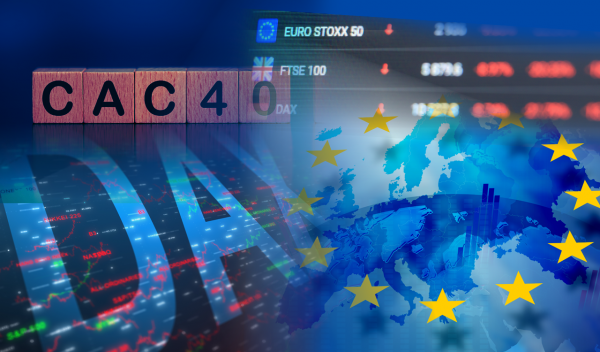
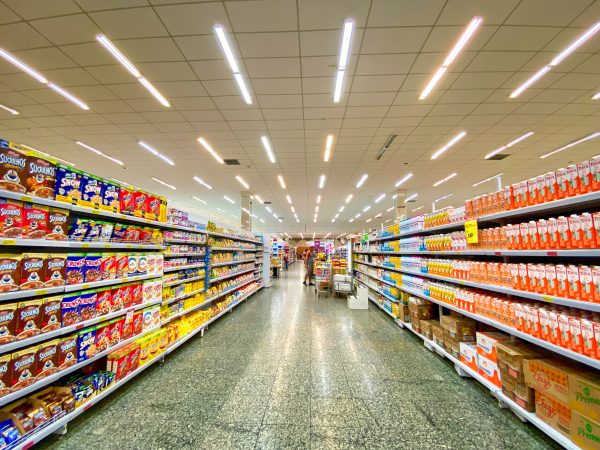


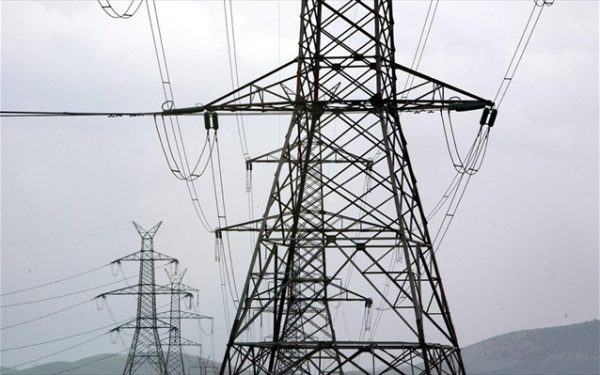


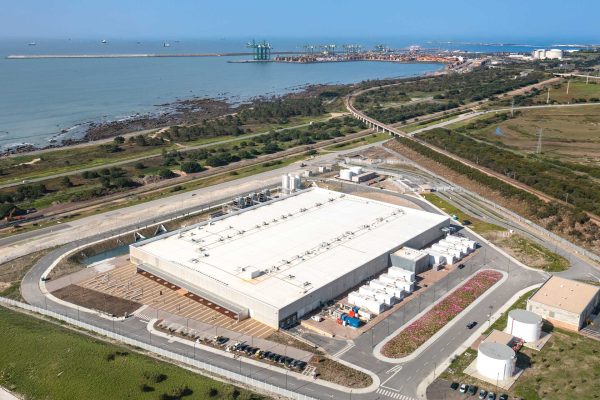





 Αριθμός Πιστοποίησης
Αριθμός Πιστοποίησης